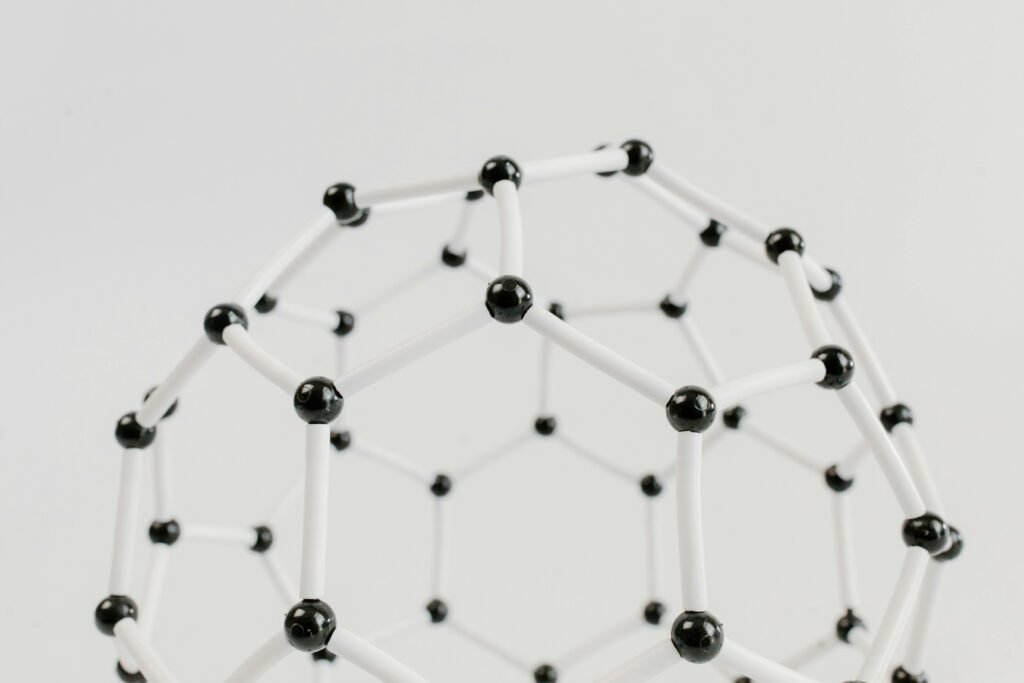Microcrystalline Cellulose (MCC) is a versatile and widely used excipient that plays a pivotal role in numerous industries, from pharmaceuticals to food and cosmetics. Renowned for its purity, consistency, and performance, MCC has become an indispensable component in various applications. This article delves into the properties, applications, benefits, and future potential of MCC.
What is Microcrystalline Cellulose (MCC)?
Microcrystalline Cellulose is a refined, partially depolymerized cellulose derived from natural plant fibers. With its unique chemical structure and mechanical properties, MCC is valued for its multifunctionality. Its ability to act as a binder, filler, disintegrant, and stabilizer makes it a critical ingredient in a wide array of products.
Key Properties of MCC
- High Purity:
- MCC is composed primarily of cellulose, offering exceptional chemical stability and minimal impurities.
- Inertness:
- It is chemically inert, making it suitable for sensitive formulations without reacting with other components.
- Hydrophilic Nature:
- Its water-absorbing properties enhance dissolution and disintegration in various formulations.
- Mechanical Strength:
- MCC contributes to the structural integrity of tablets and other solid forms.
- Versatility:
- It is compatible with a wide range of other excipients and active ingredients.
Applications of MCC
1. Pharmaceuticals:
- Binder and Filler: MCC ensures uniformity and strength in tablets and capsules.
- Disintegrant: It facilitates the breakdown of tablets, enhancing bioavailability.
- Sustained Release: MCC can be used in controlled-release formulations.
2. Food Industry:
- Stabilizer: Provides texture and stability in food products like dairy and sauces.
- Calorie Reduction: Acts as a fat substitute in low-calorie products.
- Anti-Caking Agent: Prevents clumping in powdered food items.
3. Cosmetics and Personal Care:
- Thickener: Enhances the consistency of creams and lotions.
- Stabilizer: Maintains product uniformity in emulsions and suspensions.
- Abrasive Agent: Used in exfoliating scrubs.
4. Industrial Applications:
- Paints and Coatings: Improves viscosity and enhances film formation.
- Paper and Textiles: Provides durability and strength in paper and fabric processing.
Benefits of MCC
- Improved Formulation:
- MCC’s binding and disintegration properties optimize tablet and capsule formulations.
- Enhanced Stability:
- It ensures the physical and chemical stability of products over time.
- Eco-Friendly:
- Derived from renewable plant sources, MCC aligns with sustainability goals.
- Versatile Usage:
- Its multifunctionality makes it suitable for diverse applications across industries.
- Cost-Effective:
- Reduces the need for multiple additives, simplifying formulations and cutting costs.
How MCC is Produced
- Source Material:
- Natural cellulose is extracted from wood pulp or cotton.
- Hydrolysis:
- The cellulose is treated with acid to partially depolymerize it.
- Purification:
- The product is washed and purified to remove impurities.
- Drying and Milling:
- The purified material is dried and milled to achieve the desired particle size and consistency.
Quality Standards and Certifications
MCC must comply with stringent regulatory and quality standards to ensure safety and efficacy. Common certifications include:
- Pharmacopoeias: USP, EP, JP compliance for pharmaceutical use.
- Food Safety Standards: FDA, GRAS (Generally Recognized as Safe) status.
- ISO Certification: For manufacturing and quality management systems.
Challenges and Limitations
While MCC offers numerous benefits, it is not without challenges:
- Cost of Production:
- High-quality MCC requires advanced processing, leading to higher costs.
- Limited Solubility:
- Its low solubility in water can restrict its applications in certain formulations.
- Regulatory Scrutiny:
- Complying with diverse regulatory frameworks across regions can be complex.
Future Trends and Innovations
- Nanocellulose Development:
- Research into nanoscale cellulose could enhance MCC’s properties and open new applications.
- Sustainable Production:
- Innovations in eco-friendly production methods are driving MCC’s alignment with green manufacturing goals.
- Expanded Applications:
- New uses in bioplastics, 3D printing, and biomedical devices are being explored.
- Customization:
- Tailored MCC formulations for specific industry needs are gaining traction.
Conclusion
Microcrystalline Cellulose (MCC) is a cornerstone ingredient that continues to revolutionize industries with its multifunctionality and reliability. From enhancing pharmaceutical formulations to improving food texture and cosmetics stability, MCC’s versatility is unmatched. As research and innovation drive its evolution, MCC is poised to play an even greater role in sustainable and advanced product development. For industries seeking quality, consistency, and performance, MCC remains the ultimate choice.

